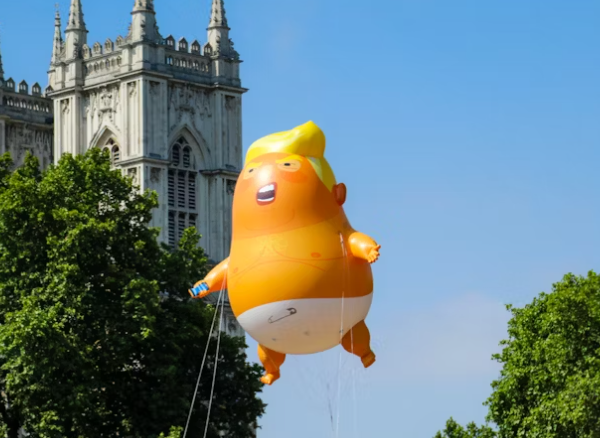$SPY $DIA $GLD
#Trump #FedChair #Powell #FederalReserve #EconomicPolicy #CentralBank #MonetaryPolicy #FinancialMarkets #InterestRates #USPolitics #StockMarket #Inflation
In an unfolding financial narrative that has caught the attention of Wall Street and Main Street alike, President Donald Trump has made it clear that he has “no intention” of firing Federal Reserve Chair Jerome Powell. This statement comes amid growing tension between the White House and the Federal Reserve over the direction of U.S. monetary policy. Powell, who was nominated by Trump during his first term, has been at the epicenter of controversy due to the Fed’s decisions on interest rates, decisions that have frequently been criticized by the President.
The independence of the Federal Reserve is a cornerstone of its ability to steer the U.S. economy. Powell has stood firm in his position, underscored by his assertion that under current law, the President does not have the authority to remove him from his post. This has led to a fascinating standoff between the executive branch and one of the most pivotal institutions in global finance. The intense scrutiny this conflict has received highlights the significant impact that the Federal Reserve has on the U.S. economy, especially in terms of setting interest rates, regulating banks, and its broader efforts to manage economic growth.
Recent developments have only added layers to this intricate dance between fiscal policy and monetary independence. Financial markets have been keenly observing each move, with investors and analysts alike speculating on how this tension might influence economic policy and, consequently, market performance. The Federal Reserve, tasked with balancing inflation while stimulating economic growth, finds its policies subjected to unprecedented public critique from the President. Such critiques can sway public opinion, potentially complicating the Fed’s efforts to maintain a stable economic environment.
The implications of this situation extend far beyond the corridors of power in Washington. The world is watching how America’s domestic policy disputes might affect global financial markets, international trade, and economic stability at large. The Federal Reserve’s decisions on interest rates can impact everything from the stock market to the price of gold, as evidenced by the relevant financial instruments such as SPY, DIA, and GLD. This saga underscores the complex interplay between politics and economic policy and serves as a vivid reminder of the importance of central bank independence in fostering a healthy, thriving economy.






